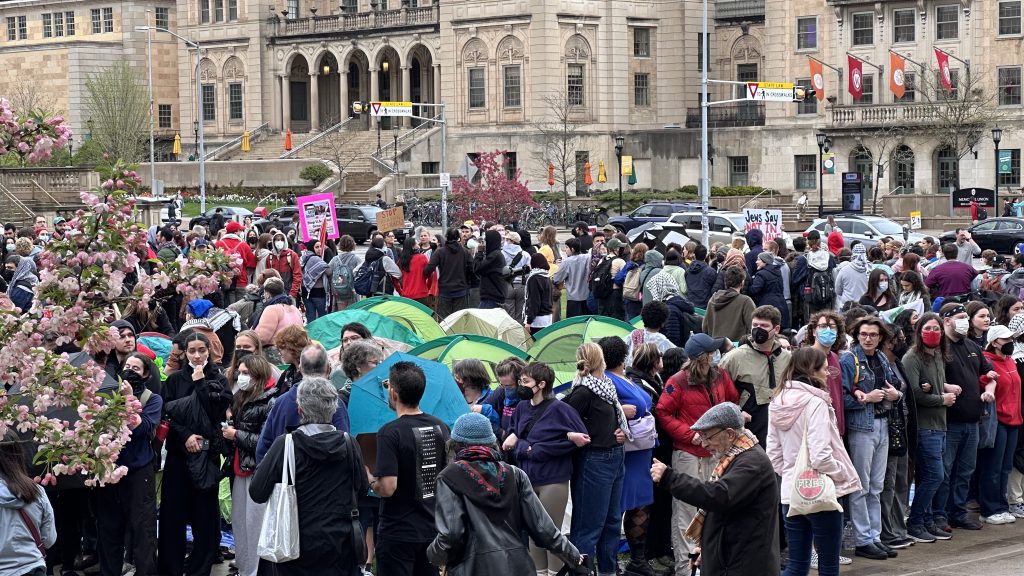
RAFAH INVASION
Israel has rejected the latest ceasefire proposal and intensified its bombardment of Rafah, including destroying and seizing the Rafah crossing and further blocking aid as full-blown famine spreads in Gaza. It has ordered 100,000 people to evacuate from Rafah as a ground invasion begins. Please take the following actions in response:
- CALL THE WHITE HOUSE AT (202) 456-1111
- CALL SEN. TAMMY BALDWIN AT (202) 224-5653
- CALL SEN. RON JOHNSON AT (202) 224-5323
- CALL REP. MARK POCAN AT (202) 225-2906
- Link for others
SUPPORT THE UW STUDENT ENCAMPMENT
Here in Madison the UW student encampment on Library Mall continues. You can follow their requests and daily plans at this link. We understand that they are especially in need of support during the overnight hours.
Also, Madison World Beyond War offers this nonviolent training tomorrow Wed. May 8:
Madison for a World BEYOND War invites you to a training workshop this Wednesday called “Take to the Streets.” It will be led by Julie and Mohammed, of Community Peacemaker Teams & the Des Moines Catholic Worker, to help us prepare to support the students more, and to prepare ourselves for future war abolition work in general. Space is limited, timing will depend on when more people can come, so please rsvp today!
Training info: https://actn.et/Fr9jXFi0
RSVP for training: https://actn.et/Fr9jXFi1
CITY COUNCIL RESOLUTION TONIGHT
A City Council resolution, “Reaffirming Support for a Permanent Ceasefire and Supporting Student Protestors,” has been introduced for a vote tonight, Tuesday, May 7 at the regular Council meeting beginning at 6:30 pm.
The much stronger resolution originally drafted by Alders Wehelie, Bennett and Rummel has been significantly altered. You can read the old and new resolutions here.
There are three ways you can weigh in on this resolution.
- You can send an email to the Common Council at allalders@cityofmadison.com
- You can register your opinion here, indicating whether or not you wish to speak. The resolution is Item 38 on the agenda. If you want to join the meeting via zoom, they will send instructions.
- You can attend the meeting in person. Meetings are held in Room 201 of the Madison City-County Building, 210 Martin Luther King Jr. Blvd, Madison 53703. You can register upon arrival as long as you do so before the item comes to the floor.



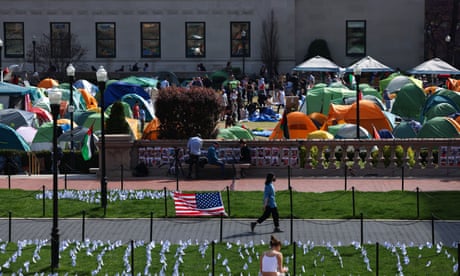


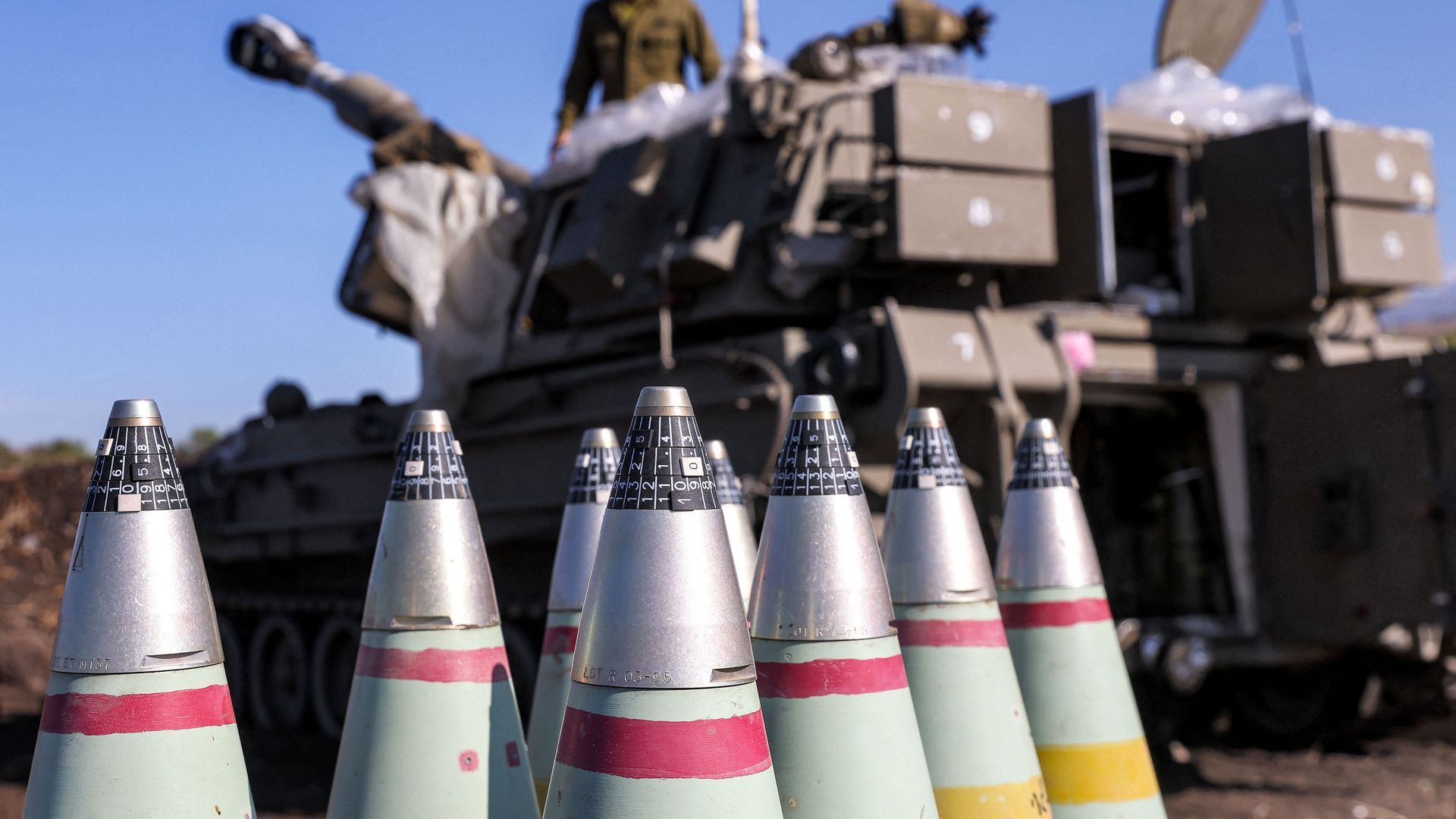






/cdn.vox-cdn.com/uploads/chorus_image/image/73325949/GettyImages_2150632345__1_.0.jpg)




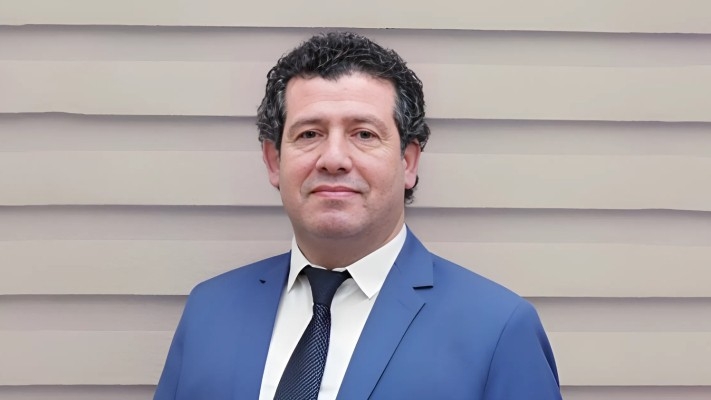







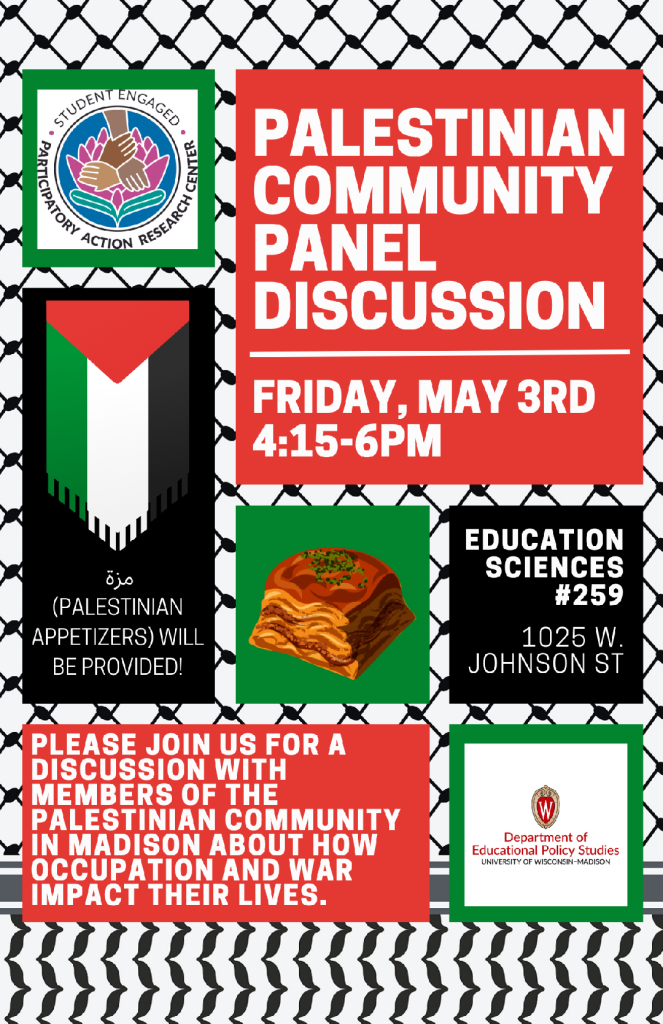










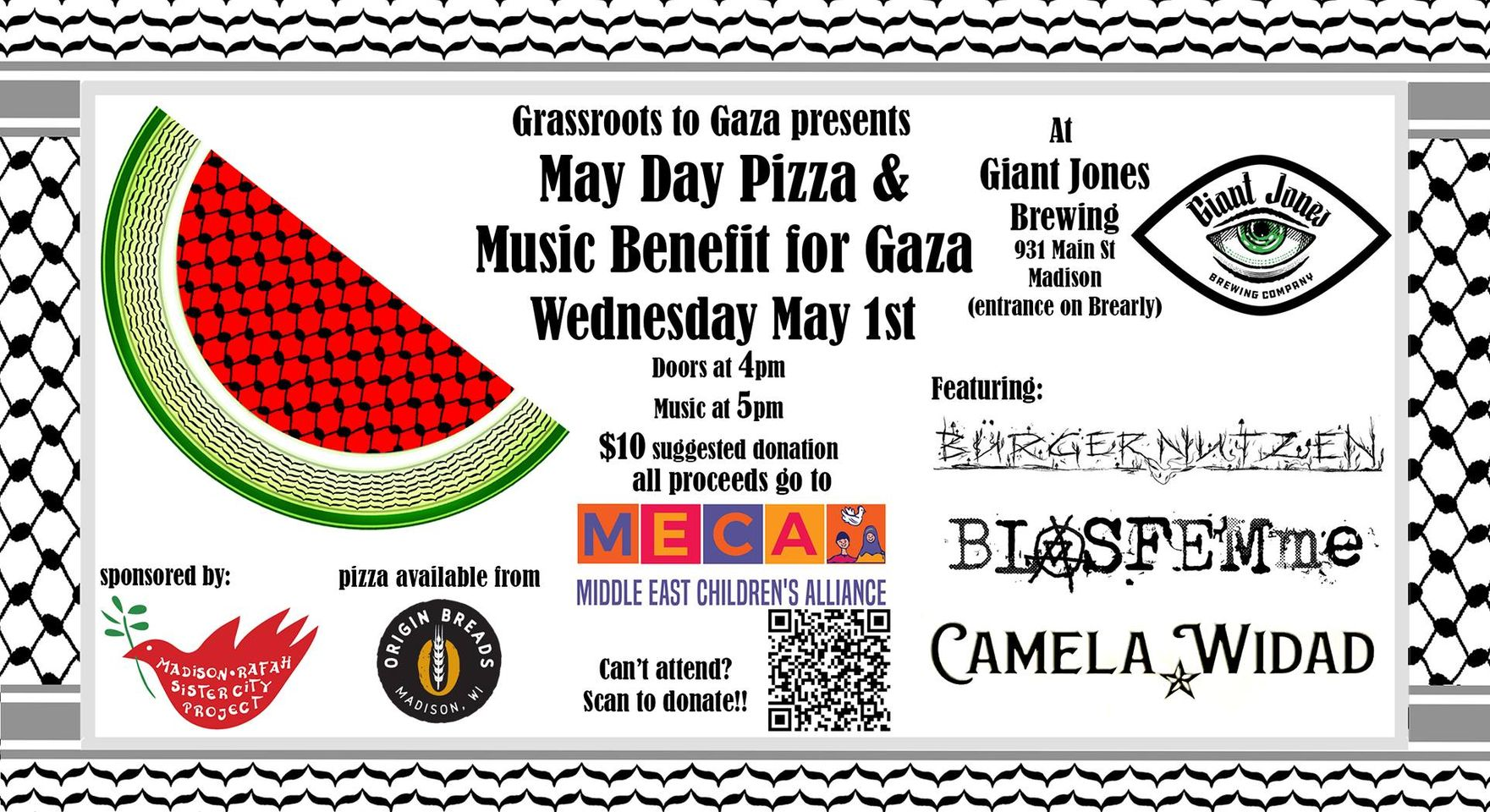

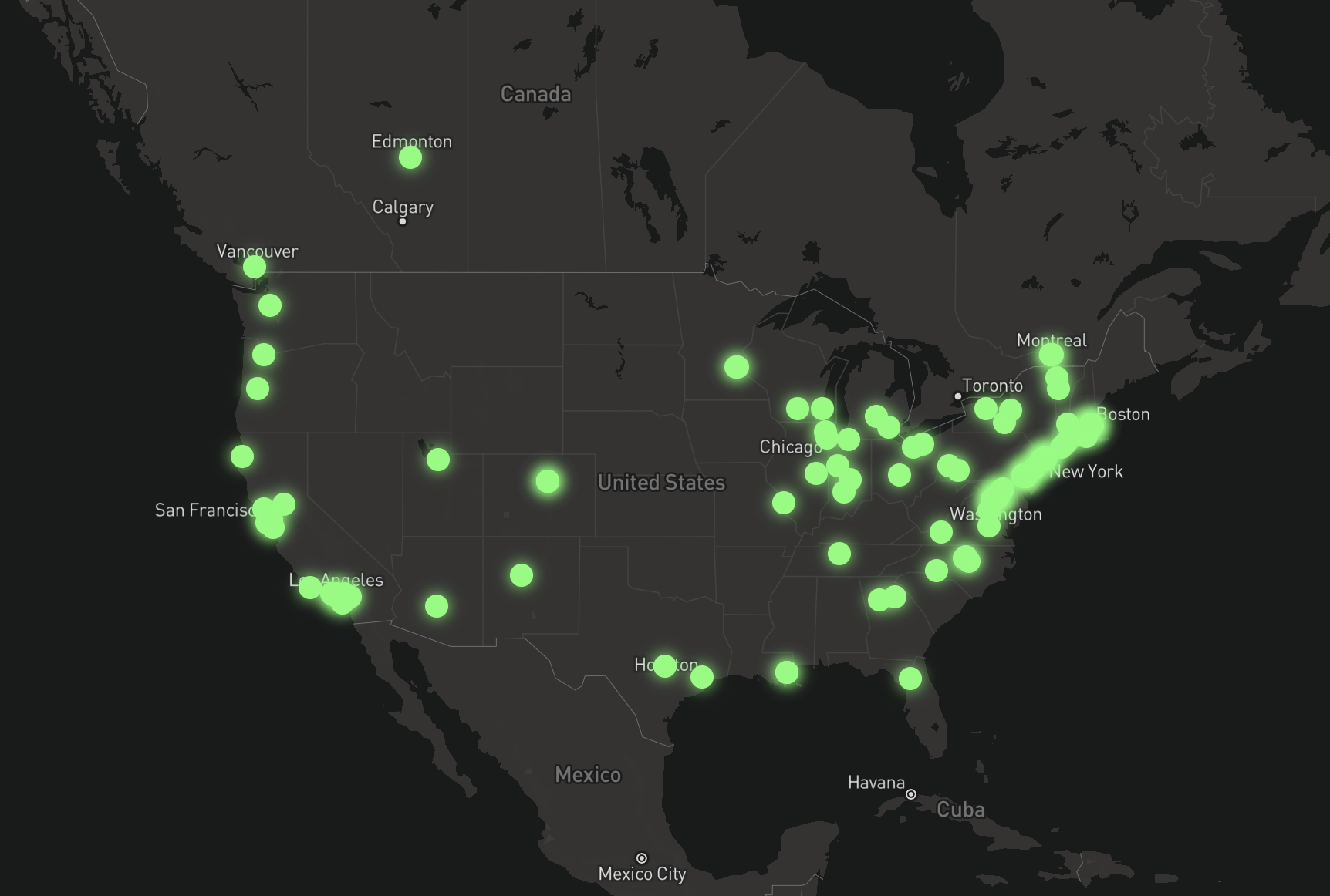 This map shows a small snapshot of the US-based encampments. With such a large distribution of encampments, its not difficult to find a location near you and offer material support to the frontline organizers. Head over to
This map shows a small snapshot of the US-based encampments. With such a large distribution of encampments, its not difficult to find a location near you and offer material support to the frontline organizers. Head over to 
